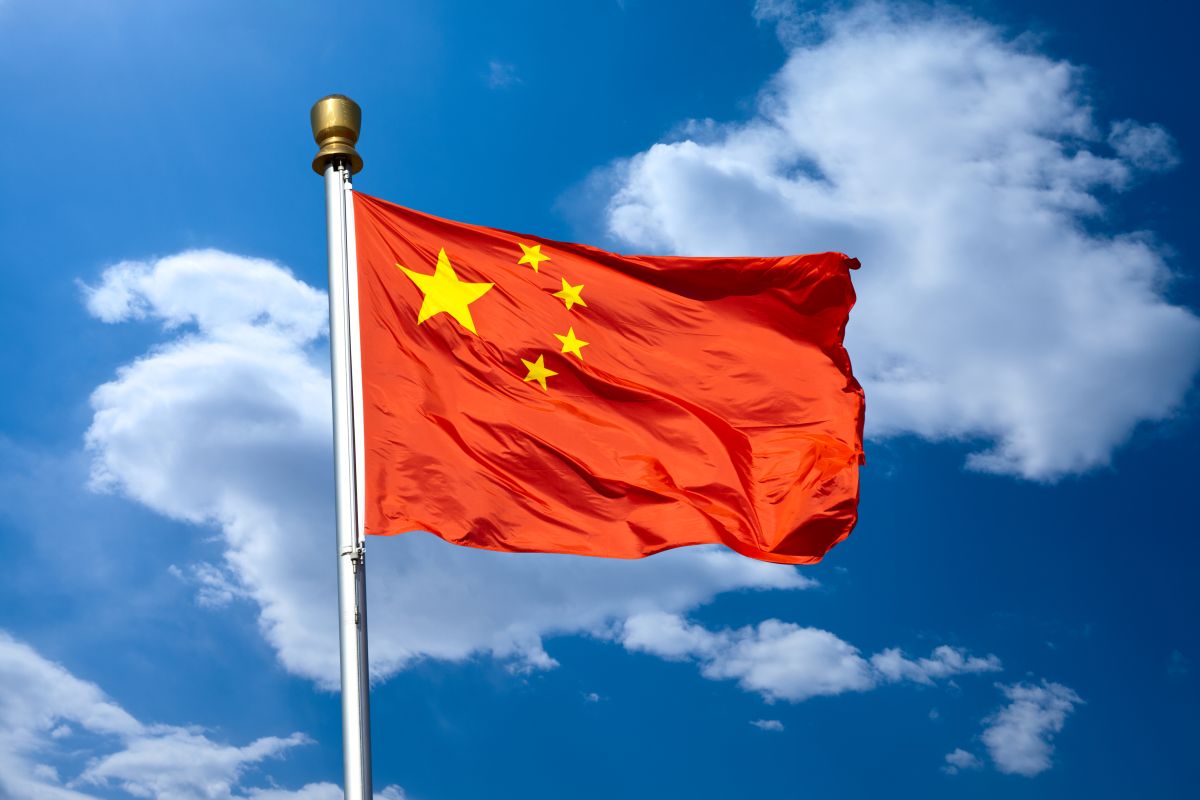India assumes Chair of Asian Disaster Preparedness Centre
India and eight neighbouring countries including Bangladesh, Cambodia, China, Nepal, Pakistan, Philippines, Sri Lanka and Thailand are the founding members of ADPC
During a fiery campaign for the November 19 Presidential electi- on, Mr Milei, a libertarian economist, didn’t mince words when it came to his opinions on communist-run China.

Representational image (Photo: IStock)
Argentina’s President-elect, Javier Milei, finds himself negotiating a diplomatic tight-rope as he prepares to assume office on Sunday, juggling the delicate balance between campaign rhetoric and economic pragmatism, particularly concerning China. During a fiery campaign for the November 19 Presidential electi- on, Mr Milei, a libertarian economist, didn’t mince words when it came to his opinions on communist-run China. However, the post-election landscape has forced a recal- ibration in tone, reflecting the intricate dance Argentina must perform with its second-largest trade partner. As the spectre of recession looms and foreign currency reserves dwindle, the pragmatic reality of dependence on China becomes unavoidable. The crux of the matter lies in Argentina’s economic interdependence with China across various sectors. China stands as the primary buyer of Argentine soybean and beef, a key investor in the nation’s lithium sector, and provider of an $18 billion currency swap that has been instrumental in prevent- ing a default. Mr Milei’s recent diplomatic overtures sug- gest an acknowledgment of the intricate web of ties that bind the two nations, marking a departure from the cam- paign’s confrontational stance. One of the significant challenges lies in the numerous mega-projects under Chinese financing, including hydropower dams and infrastructure developments. These projects, while vital for Argentina’s economic growth, now face uncertainty with a change in leadership. The incoming government’s commitment to reviewing state-to-state deals raises questions about the fate of on-going initiatives. Chinese- made turbines destined for a hydropower dam project in Santa Cruz could be delayed, exemplifying the potential hurdles ahead. The question that arises is whether Mr Milei’s administration can strike a balance between eco- nomic necessity and diplomatic assertiveness. The incoming foreign minister’s recent statements hint at a nuanced approach. While pledging a review of “secret” state-to-state deals, she assures that Argentina won’t sever ties with China. Instead, there’s a commitment to bolster private trade ~ an astute recognition that the pri- vate sector plays a pivotal role in forging economic rela- tionships. However, challenges loom on the horizon. Mega-projects involving hydroelectric and nuclear power, vital for Argentina’s energy landscape, demand stable state-to-state relations. Mr Milei’s public critic- ism of China during the campaign raises concerns about the fate of these ventures. The complexity of diplomatic ties is underscored by the potential impact on existing contracts and the risk of strained relations affecting on- going projects. Moreover, China’s extensive involvement in Argentina’s agricultural sector, particularly soybean and grain exports, adds another layer of intricacy. Str- iking a balance between addressing trade deficits and maintaining a positive surplus becomes imperative for Argentina. This requires finesse in negotiations to ensure that economic necessities don’t compromise national interests. As the world watches this unfolding diplomat- ic saga, one cannot ignore the broader implications for global trade dynamics. Argentina’s pivot towards a more pragmatic stance with China reflects the intricate dance many nations perform in the face of economic realities. It underscores the fine line governments tread between campaign rhetoric and the exigencies of governance, particularly in an interconnected global economy.
Advertisement